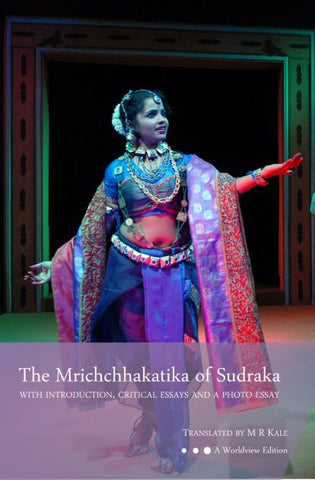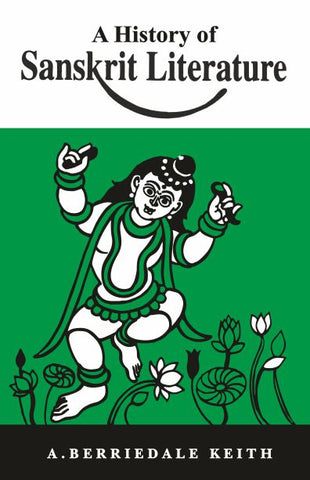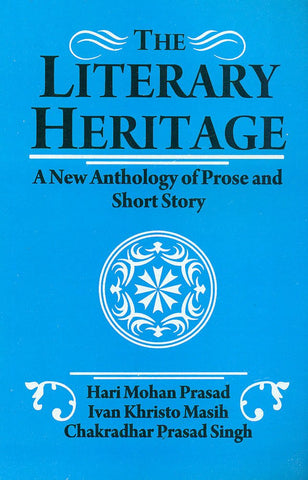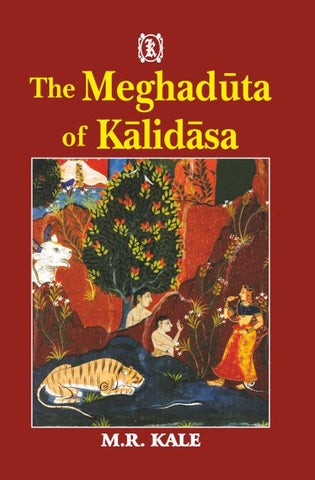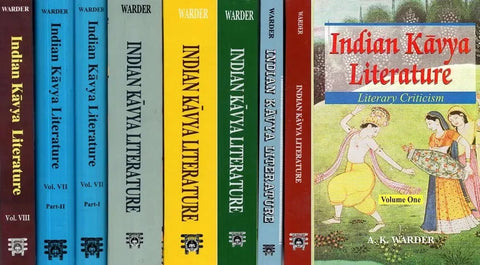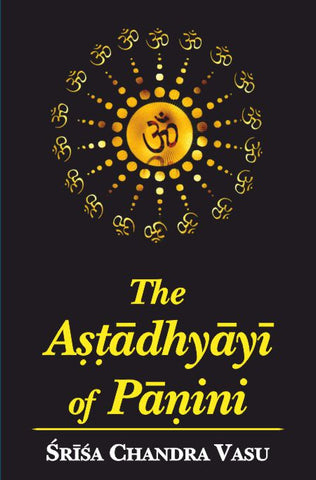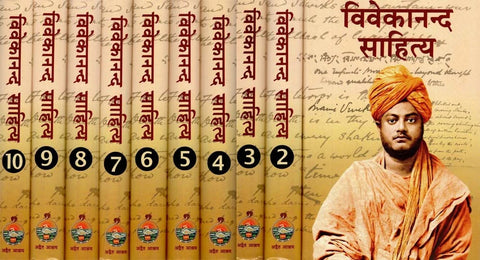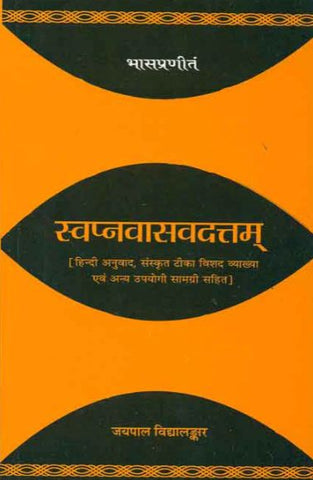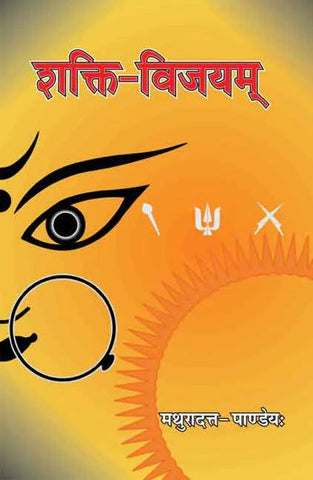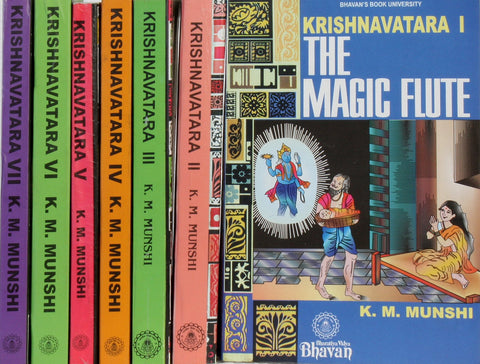Your cart is empty now.
Two Culture of the world Greek and Indian have nourished literature. While the contemporary Western thinking is rooted in Greek thought, especially of Socrates, Plato and Aristotle, and percolated down to the modern European languages with the advent of Christian thought, the multilingual Indian literary tradition has its base from the classical Tamil, Pali, Prakrt and Sanskrit.
Though culture specificity marks these two traditions off from each other, the universal human condition that finds expression in all literatures binds them together. This book delves deep into the growth of poetics, theory of literature, literary artifacts, aesthetics of literature as an art form, and dramaturgy and philosophy of literature.
Cultures have given forms as their typical expressions for India great epics, for Greece tragedies, and for England lyrics. Similarly, different age of a culture find expression in different forms Elizabethan age of England in lyrics, sixteenth-seventeenth centuries in drama, eighteenth century in prose, and nineteenth century in novel. India’s genius is in epics and its expression unfolds in sravya-preksa compositions being singable poetry as its preferred form.
This book must serve pretty useful for students and teachers of literature. Also, and invaluable collection for researchers in literature.
He was a Member of the Governing Body, of India Institute of Advanced Study (IIAS), Shimla, and Governing Body of Indian Council of Philosophical Research (ICPR). Currently he is a Member of the Sanchi University Mentor Group (SUMG) of the Sanchi University of Buddhist and Indic Studies to be established at Sanchi, Madhya Pradesh.
His books - Dimensions of Panini Grammar: India Grammatical System; Text and Interpretations: The Indian Tradition; and Indian Knowledge Systems (2 vols.) – were published in 2005. His Rati-Bhakti in India’s Narrative Traditions [Hindi] (written as a Birla Foundation Fellow, 2007-08) was published in 2011 and Mutual Regard: Irish Indian Anthology is under publication.
Only two cultures have thought about literature the classical Indian and Greek. The contemporary Western literary thinking is naturally sourced from the Greek thought, particularly of the three great minds Socrates, Plato and Aristotle that has proliferated into and finds expression in the literatures of modern European languages, inflected in the process by Latin as the expresser of Christian thought. The multilingual Indian tradition, sourced originally from the classical Tamil, Pali, Prakrit and Sanskrit, has evolved through known phases and proliferated into and finds expression in the literatures, both written and oral, of not only the modern Indian languages but also in the literatures of numerous small communities often patronizingly referred to as “tribal” literatures.
Cultural specificity marks these two traditions off from each other but the universal human condition that finds expression in all literatures binds them together. We hope to show it by describing and examining the subject in seven chapters:
1. Growth of Poetics as a Discipline 2. Theory of Literature 3. Categories of Literary Artefacts 4. Aesthetics of Literature as an Art Form 5. Philosophy of Literature 6. Characteristic Cultural Exprersions, Sublime and Srngara. 7. Theorizing Theory.
Before we go on to analyse these aspects one by one, it is useful to distinguish literary theory/poetics and literary criticism. What both theory and criticism have to do with literature is in fact post-literature, i.e. follow arid make sense of literary practices. In principle, it is possible to draw a line between the two literary theory and literary criticism. Literary theory is concerned with general questions about literature: What are the properties common to all literatures? What is the function of literature? What different forms does literature take? What is the nature of literary creativity? What are the elements of form and meaning in different kinds of literary compositions? What is the nature of literary meaning? What is the relationship between a literary composition and (a) its author, (b) its readers, and (c) its age and context?
Literary criticism, on the other hand, is concerned with the merit of this or that literary composition, properties of actual concrete examples of literature, the individuality of a work, its style in the broadest sense, the choice of matter as well as technique and language. Literary criticism may take up any or all of the criteria of literary theory (listed in the preceding paragraph) with reference to concrete works of art.
But the two kinds of inquiry are not really independent of each other. Theory of literature cannot be discussed without reference to facts and artefacts of literature and particular literary works can be examined only in the perspective of the theoretical parameters of literature. Even if the word “criticism” is confined to assessment of merit of a work or interpretation of its meaning, there can be no validity in the exercise unless its analysis can appeal to general intellectual principles. Thus theory and criticism necessarily overlap. And this may account for certain indeterminacy in the use of the two terms. Literary criticism can and often does include a reference to literary theory, in such collocations as “theoretical literary criticism” as against “applied literary criticism”. But the European way of keeping the two separate by referring to them as “poetics” and “literary criticism” is to be commended.
However, there is a difference of focus in the two traditions. While the Western tradition moved more and more in the direction of literary criticism, the Indian tradition of thought continued to focus on theoretical questions of literature and its elements. This may be due to the fact that the Indian tradition is far more homogeneous its source is one, the Indian philosophy. At the roots of the Western tradition, on the other hand, there are three springs Judaic, Greek and Christian a fact that led to what may be judged, depending on how one reads it, as a kind of either amalgamation or dispersal of thought. So the discipline of poetics moves from “Pagan” Greek to Christian to what in modern times can interestingly be understood as “Judaic” in its application-impulse, “doing” as against “thinking” as Matthew Arnold had anticipated in his Culture and Anarchy.
| Preface | v | |
| 1 | Growth of Poetics as a Discipline | 1 |
| Rise and Formation of the Discipline | 1 | |
| of Poetics in the West | ||
| Rise and Formation of the Discipline | 20 | |
| of Poetics in India | ||
| Rasa | 28 | |
| Alamkara | 28 | |
| Riti | 31 | |
| Dhvani | 32 | |
| Vakrokti | 38 | |
| Guna/dosa | 39 | |
| Aucitya | 40 | |
| 2 | Theory of Literature | 45 |
| Definition | 45 | |
| Nature | 51 | |
| Goal | 57 | |
| Role in Society | 62 | |
| As Mimetic Art | 62 | |
| Theory of Images | 67 | |
| Verbal Image Meaning in Literature | 74 | |
| As a Knowledge Discourse | 82 | |
| Creativity and Creative Process | 103 | |
| 3 | Categories of Literary Artefacts | 113 |
| Forms/Genres of Literature, | 113 | |
| (Kavyanatya Bheda) | ||
| Author/Kavi/Types of Poets | 117 | |
| Reader/Auditor | 127 | |
| Language of Literature | 129 | |
| Literary Meaning and Sources, and | 133 | |
| Types of Literary Meaning | ||
| Literary Conventions and Referentiality | 139 | |
| Verisimilitude and Literary Meaning | 141 | |
| Text vs. Composition | 144 | |
| 4 | Aesthetics of Literature and Reception | 145 |
| Aesthetics and Values | 145 | |
| Reception | 153 | |
| 5 | Philosophy of Literature | 162 |
| 6 | Characteristic Cultural Expressions, | 178 |
| Sublime and Srngara | ||
| Characteristic Cultural Expressions and Ages: | 178 | |
| Epic or Drama or Lyric or Prose | ||
| Sublime and Classic | 178 | |
| 7 | Theorizing Theory | 181 |
| Bibliography | 192 | |
| Index | 204 |
Delivery and Shipping Policy
- INTERNATIONAL SHIPPING
- Rs.1000-1100/kg
- ESTD. Delivery Time: 2-3 weeks (depending on location)
- Bubble Wrapped with Extra Padding
- NATIONAL SHIPPING
- NCR: Rs. 30/half kg
- Standard: Rs. 80/half kg
- Express shipments also available on Request
- ESTD. Delivery Time: Ranging from 1-4 days up to 7 business days (Depending on your choice of Delivery)
- TRACKING
- All orders; national or international, will be provided with a Tracking ID to check the status of their respective orders
- Depending on the Shipping Service, Tracking ID may be used on their respective tracking portals
Frequently Asked Questions (FAQs)
Domestic Shipping: 3-4 Days (after shipping)
International Shipping: 1-2 weeks (based on your location)
You will receive an email once your order has been shipped or you can email us if you didn't receive tracking details (info@mlbd.co.in)
Every book that we sell is the latest edition except all the rare books
Yes, we do provide free shipping, only on domestic orders (within India) above Rs.1500


